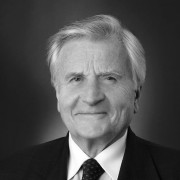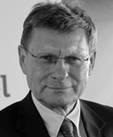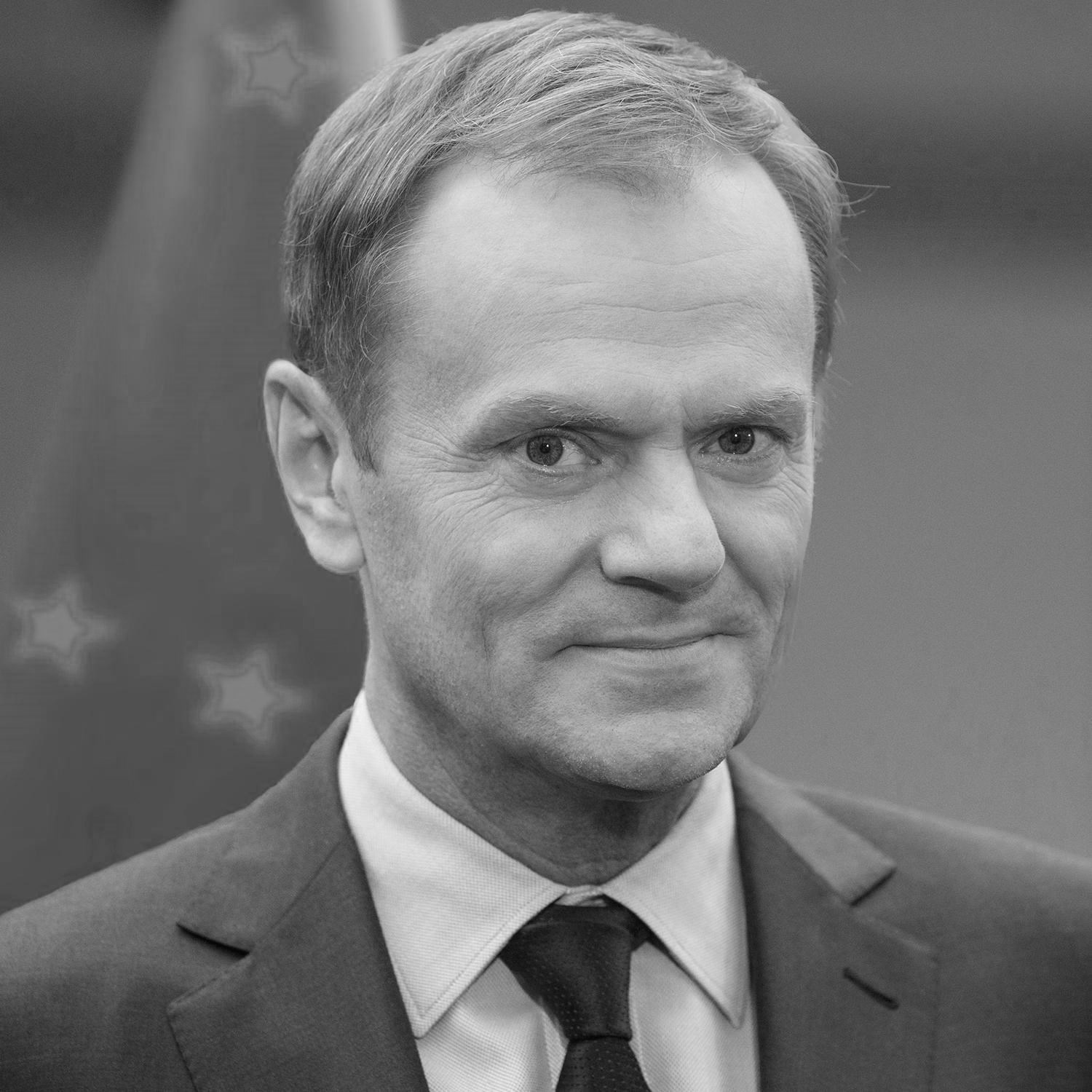Blog Post
Putting Bruegel on the map
Mario Monti shares his insight on the making of Bruegel.
In Summer 2004 I was about to leave the European Commission. The prospect of returning to the world of academia had a mixed flavour. For sure, it had been quite hard, ten years earlier, to abandon economic research and Bocconi University to become Commissioner, so a return to my origins had considerable appeal. However, losing contact with the EU institutions and concrete policymaking would not have made me happy at all. Precisely when I was in that state of mind, Jean Pisani-Ferry came to my office with an idea. Of course I had known Jean, the reputed economist, for a long time. But on that occasion I discovered Jean, the psychologist, the gentle persuader. I mention this because I am convinced that a part of Bruegel’s astonishingly rapid success is due to the affable, yet steely, way in which its first Director approached prospective members, be they state or corporate members, scholars he intended to hire, the European institutions, national governments – or, indeed, the person he had decided should become the founding Chairman of Bruegel.
As we spoke, Jean capitalised – with grace – on my ambivalent mood. Were I to accept the proposal – which, he vaguely hinted, was seen with favour by the German and French governments – I would keep my roots in Brussels and maintain proximity to the EU institutions, whilst being able to explore my interest in policy-relevant economic research. He even flattered me by saying that there were some concerns the project might be influenced too heavily by its initial Franco-German initial inspiration, so that the ideal Chairman would be somebody who, as Commissioner, had shown visible independence vis-à-vis governments, including those of these two member states.
In autumn 2004, as soon as my mandate at the Commission was over, I accepted Jean’s proposal and started working with him, with Caio Koch-Weser – with whom I had earlier had long and tough discussions in order to bring German public banks into line with EU state-aid rules – and with Nicolas Véron. Our tasks ranged from the choice of a name for the new think-tank (I am not sure that everybody found sane my insistence on Bruegel, although I am confident that nobody now regrets that decision), through the subtleties of the institutional rules (crucial to enshrine a somewhat unnatural harmony between state and corporate members), to the initial research agenda and numerous other more and less exciting tasks.
Let me mention just two aspects – one de maximis and one de minimis – which demanded our total persistence and patience. Actually, both were decisive as we sought to put Bruegel quickly on the map: firstly on the map of top EU policy think tanks. This was achieved through an abominable campaign of “collective abuse of dominant position”, as I would have chastised just a few months earlier. The alleged perpetrators of the abuse – which was committed in a torrid night of June 2005, were the members of the Board of Directors of Bruegel, including Jim O’Neill, Caio Koch-Weser, Jean Pisani-Ferry – graceful as ever – and the undersigned distinguishing themselves for the cruelty of their behaviour. The victim of the collective abuse was a Senior Fellow whom we were all very proud to have engaged in Bruegel, André Sapir. The aim of the abuse was to obtain from André a commitment to prepare, almost instantly, what we saw, probably rightly, as a make-or-break opportunity for the newly-born think-tank : a policy paper on Globalisation and the Reform of European Social Models. At the invitation of the UK presidency, this was to be presented as the only external contribution to the forthcoming informal ECOFIN Council in Manchester. André did indeed give us that commitment. Whether it was voluntary, convinced and enthusiastic has yet to be determined. Yet what matters is that the commitment was honoured in the way in which André does things, brilliantly. Bruegel was placed, firmly, on the map of EU policy thinking. Historians might wonder where such a productive abuse took place, in that torrid night. The place was a private dining room of a Brussels restaurant, near Notre Dame du Sablon. Neither the name of the restaurant (Chez Marius), nor its subsequent fate (the restaurant was closed some months afterwards), should be construed as having any link whatsoever with the dubious activities of that night.
At the de minimis level, at least apparently, I vividly remember when Jean, Nicolas and I were looking for appropriate premises for Bruegel, in spring 2005. The offices that we finally selected proved very apt, in particular in terms of location and of symbolism. The building had, and has, among its many strengths, a rare but critical advantage: it is neither too far from the EU institutions, nor too close to them. This is ideal for a team of people who want to see the policy issues of the EU with a well-developed sense of realism, but who value very highly their own full independence. As for the symbolism, being located on rue de la Charité probably amounts to a permanent subliminal reminder of the value of modesty.
It is probably thanks to its unique characteristics – of which I have highlighted just a few – that the success of Bruegel has been so rapid in comparison with its peers. According to the Think Tanks and Civil Society Program at the University of Pennsylvania, Bruegel, now 10 years old, ranks 2nd among the Top Think Tanks Worldwide (non U.S.); the only one which does better is 95 years old. It ranks 3rd worldwide (1st outside the U.S.) among the Think Tanks with the Most Significant Impact on Public Policy ; the 1st and 2nd worldwide have the venerable age of 102, on average.
In conclusion, I am really grateful to Jean both for his outstanding work to establish quickly a high reputation for Bruegel and for having the idea of involving me in this uniquely innovative experiment. I also praise Guntram Wolff for carrying the torch as Director with high distinction and success.
I am particularly proud to have been succeeded in the chair of the Board of Directors by two extraordinary leaders in economic thinking and policy making, Leszek Balcerowicz and Jean-Claude Trichet.
Perhaps never before was European integration confronted by so many fundamental challenges – or indeed real threats to its very survival. At least to some degree it is reassuring to know that, at Bruegel, some of the best minds are at work, in an environment of integrity and independence, to provide Europe with new ideas that may keep old ideals alive and strong.
Republishing and referencing
Bruegel considers itself a public good and takes no institutional standpoint. Anyone is free to republish and/or quote this post without prior consent. Please provide a full reference, clearly stating Bruegel and the relevant author as the source, and include a prominent hyperlink to the original post.








